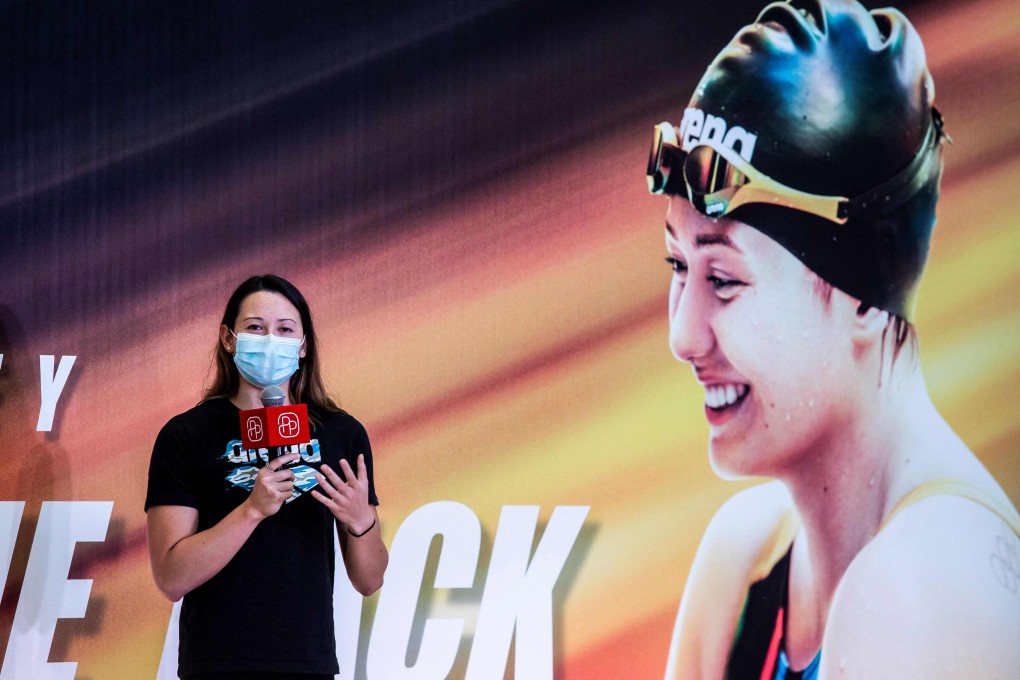Advertisement
Letters | Why Hong Kong’s Olympics success is not a ‘black swan’ event
- Readers discuss the enablers of Hong Kong’s Olympic success, as reflected in the experience of its medallists, and why the financial reward scheme is unfair to Paralympians
Reading Time:2 minutes
Why you can trust SCMP

After Hong Kong’s success at the Tokyo Olympics, where our athletes won an unprecedented six medals, many experts have been trying to determine the factors behind the achievement.
Money is certainly one of them. Most participants, including all the medallists, trained at the government-funded Hong Kong Sports Institute. Chief Executive Carrie Lam Cheng Yuet-ngor said that funding there rose from HK$520 million in 2017-18 to HK$737 million in 2021.
But if money were the only factor, it would be difficult to explain why Jamaica, a developing nation, bagged nine medals, including four gold, in Tokyo.
Advertisement
So, what are the other factors that influence Olympics success? Some research has argued that if the effective participating population is increased through enabling social conditions, the probability of Olympic success is higher.
Other than funding, some of these enablers are better public health policies, school support, educated or sports-enthusiastic parents, choosing the right sport and a highly urbanised environment.
Advertisement
Advertisement
Select Voice
Choose your listening speed
Get through articles 2x faster
1.25x
250 WPM
Slow
Average
Fast
1.25x
